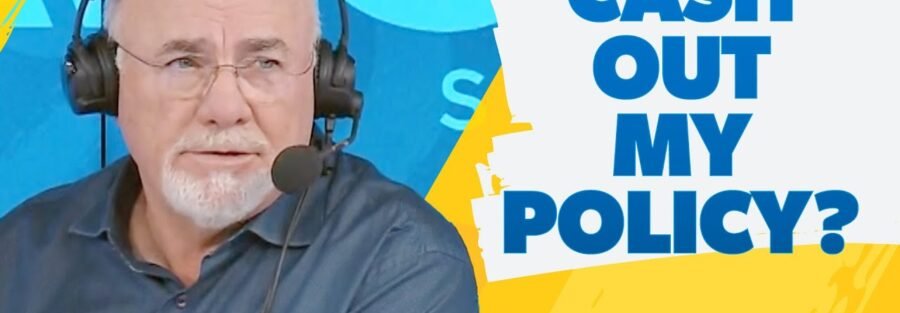Cash Out My Whole Life Policy? Subscribe and never miss a new highlight from The Ramsey Show: …
[wpcode id=”4722″]
Life insurance policies are designed to provide financial protection to policyholders and their loved ones in the event of unforeseen circumstances. However, there may come a time when policyholders find themselves in need of cash and consider cashing out their whole life policy.
Cashing out a whole life insurance policy means surrendering the policy in exchange for a lump sum payment from the insurance company. This can provide policyholders with much-needed cash to cover expenses or invest in other financial opportunities. However, before making the decision to cash out a whole life policy, it is important to understand the implications and consequences of doing so.
When policyholders cash out their whole life policy, they forfeit the death benefit that would have been paid out to their beneficiaries upon their passing. This means that loved ones will not receive the financial protection that the policy was originally intended to provide. Additionally, policyholders may be subject to surrender charges or penalties imposed by the insurance company for early withdrawal of funds from the policy.
Before deciding to cash out a whole life policy, policyholders should consider alternative options for accessing cash without surrendering the policy. These may include taking out a policy loan, which allows policyholders to borrow against the cash value of the policy while still maintaining the death benefit for their beneficiaries. In some cases, policyholders may also be able to sell their policy on the secondary market through a life settlement transaction.
If policyholders have carefully weighed their options and decide to cash out their whole life policy, they should be aware of the tax implications of doing so. The cash value of a whole life policy is considered taxable income to the extent that it exceeds the premiums paid into the policy. Policyholders may be subject to income tax on the cash value withdrawn from the policy, as well as potential capital gains tax if the policy has appreciated in value.
In addition to understanding the financial implications of cashing out a whole life policy, policyholders should also consider the impact on their overall financial plan. Cashing out a whole life policy may result in the loss of valuable long-term financial protection and may negatively affect the policyholder’s estate planning goals.
For individuals who are in need of cash and are considering cashing out their whole life policy, it is important to consult with a financial advisor or insurance professional to fully understand the implications of this decision. These professionals can help policyholders explore alternative options for accessing cash while still maintaining the financial protection provided by the policy.
In conclusion, cashing out a whole life insurance policy can provide policyholders with immediate access to cash, but it comes with significant consequences. Policyholders should carefully weigh their options and consult with a financial professional before making the decision to cash out their policy. By understanding the implications and consequences of cashing out a whole life policy, policyholders can make informed decisions that align with their financial goals and objectives.











